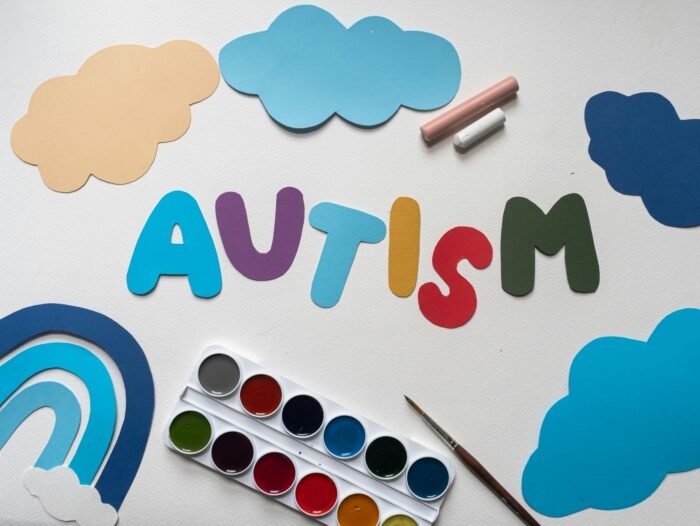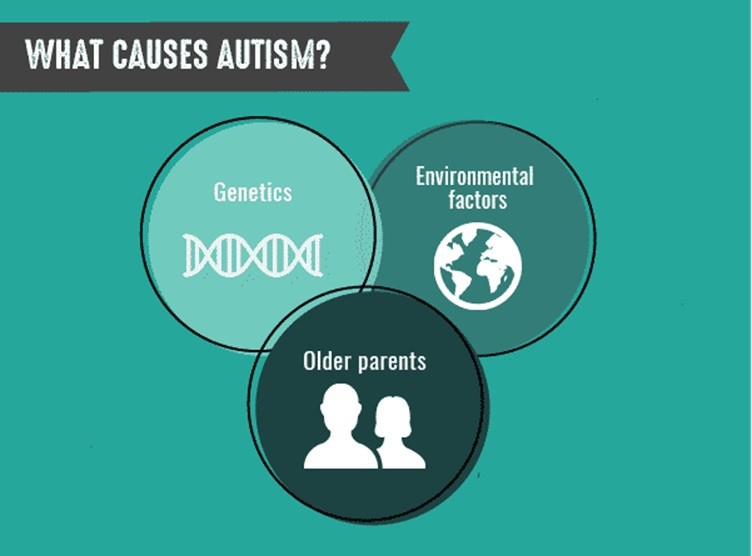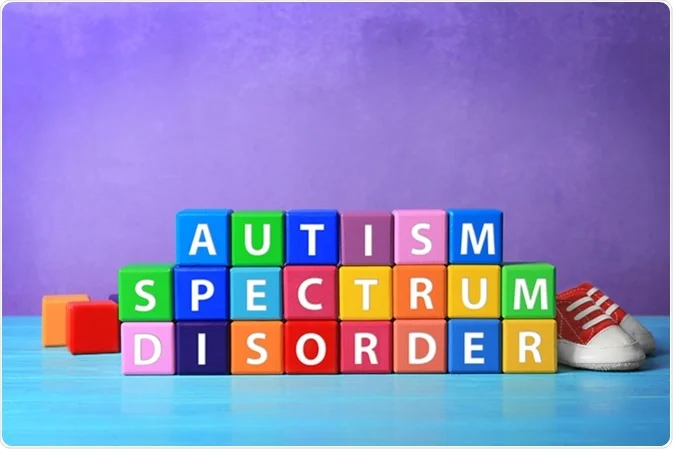
Autism Spectrum Disorder (ASD) is a neurodevelopmental condition that affects a person's communication, behavior, and social interaction. It's a complex condition with a wide range of symptoms, often referred to as a "spectrum" due to the diverse ways it can manifest.
Understanding Autism Spectrum Disorder (ASD)
Autism Spectrum Disorder (ASD) is a neurodevelopmental condition that affects a person's communication, behavior, and social interaction. It's characterized by a range of symptoms, from mild to severe, and is often referred to as a "spectrum" due to the wide variety of ways it can manifest.

Key Characteristics of ASD
- Social Communication Challenges: Difficulties with understanding and expressing emotions, maintaining eye contact, and engaging in conversations.
- Repetitive Behaviors: Engaging in repetitive actions, routines, or rituals, often focusing on specific interests.
- Sensory Sensitivities: Over- or under-sensitivity to sensory stimuli like sounds, textures, or light.
- Cognitive Differences: Variations in cognitive abilities, with strengths and challenges in different areas.
Causes and Risk Factors
While the exact cause of ASD is unknown, research suggests a combination of genetic and environmental factors. Some risk factors include:
- Genetics: Family history of ASD or other neurodevelopmental conditions.
- Advanced Parental Age: Older parents, especially fathers, may have a slightly increased risk.
- Certain Medical Conditions: Conditions like Fragile X syndrome or tuberous sclerosis are associated with a higher risk of ASD.

Diagnosis and Assessment
Diagnosing ASD typically involves a comprehensive evaluation by a healthcare professional. This may include:
- Behavioral Observations: Assessing social interaction, communication, and repetitive behaviors.
- Developmental Assessments: Evaluating cognitive, language, and motor skills.
- Medical History: Gathering information about the child's development, health, and family history.
Treatment and Support
While there's no cure for ASD, early intervention and appropriate support can significantly improve quality of life. Treatment options may include:
- Behavioral Therapy: Applied Behavior Analysis (ABA) and other techniques to teach new skills and reduce challenging behaviors.
- Speech and Language Therapy: Helping individuals with ASD develop communication skills.
- Occupational Therapy: Addressing sensory issues and improving daily living skills.
- Social Skills Training: Teaching individuals how to interact with others and build relationships.
- Medication: Managing associated conditions or symptoms, such as anxiety or depression.
- Functional Medicine Approach: By focusing on the root causes, a functional medicine approach can offer more effective and long-lasting benefits.

Benefits of a Functional Medicine Approach for ASD Treatment
A functional medicine approach can offer additional benefits by addressing the underlying root causes of ASD. This can include:
- Holistic Assessment: Identifying individual factors contributing to ASD symptoms, such as dietary sensitivities, gut health imbalances, or environmental toxins.
- Personalized Treatment Plans: Creating tailored treatment plans based on individual needs.
- Addressing Underlying Causes: Targeting the root causes of ASD symptoms for more comprehensive and effective treatment.
- Supporting Overall Health: Focusing on optimizing overall health and well-being.
- Empowering Families: Providing families with the knowledge and tools to support their child's health and well-being at home.
Functional Medicine Therapies for ASD
Some potential functional medicine therapies for ASD may include:
- Dietary Modifications: Identifying and eliminating potential food sensitivities or intolerances.
- Nutritional Supplements: Supplying essential nutrients that may be deficient.
- Gut Health Support: Addressing gut imbalances, such as dysbiosis, to improve digestive function.
- Environmental Detoxification: Identifying and reducing exposure to environmental toxins.
- Stress Management Techniques: Implementing relaxation techniques to reduce stress and anxiety.
Conclusion
A functional medicine approach can offer a valuable complement to traditional ASD treatments by addressing the underlying root causes of symptoms and supporting overall health. If you're interested in exploring functional medicine for your child with ASD, consult with a qualified functional medicine practitioner for personalized guidance.
Disclaimer: The information and other content provided in this blog, or in any linked materials, are not intended and should not be construed as medical advice, nor is the information a substitute for professional medical expertise or treatment. If you or any other person has a medical concern, you should consult with your healthcare provider.
Reference
- https://www.nimh.nih.gov/health/topics/autism-spectrum-disorders-asd
- https://www.psychiatry.org/patients-families/autism/what-is-autism-spectrum-disorder
- https://www.mayoclinic.org/diseases-conditions/autism-spectrum-disorder/symptoms-causes/syc-20352928
- https://my.clevelandclinic.org/health/articles/autism
